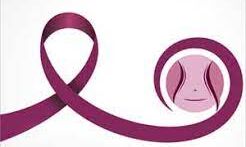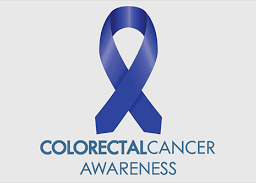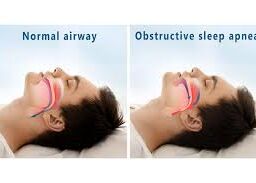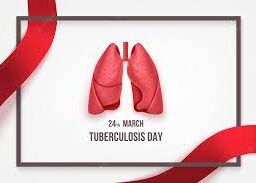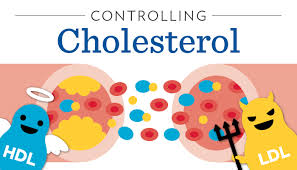
Healthy Cholesterol Levels: How to Achieve and Maintain Them
Welcome to our guide on managing cholesterol levels for a healthier you. Cholesterol, a crucial substance in our bodies, requires careful attention. Learn practical tips, from maintaining a balanced diet to regular exercise, to safeguard against heart disease and stroke risks.

Cholesterol is a waxy substance that is found in every cell of our body. It plays a vital role in the production of hormones, vitamin D, and digestive fluids. However, too much cholesterol in our blood can increase the risk of heart disease and stroke. Therefore, it is important to manage our body’s cholesterol level. In this post, we will discuss some tips on how to do so.
Eat a Healthy Diet to Lower the Cholesterol level
The first step in managing our body’s cholesterol level is to eat a healthy diet. This means consuming foods that are low in saturated and trans fats. Saturated fats are found in animal products such as meat, butter, and cheese, while trans fats are found in processed foods such as cookies, crackers, and fried foods. Instead, we should focus on eating foods that are high in fiber such as fruits, vegetables, and whole grains. These foods can help lower our LDL or “bad” cholesterol levels.
Exercise Regularly
In addition to eating a healthy diet, regular exercise can also help manage our body’s cholesterol level. Exercise can help increase our HDL or “good” cholesterol levels while also reducing our LDL or “bad” cholesterol levels. It is recommended to get at least 150 minutes of moderate-intensity exercise per week. This can include activities such as brisk walking, cycling, or swimming.
Quit Smoking
Smoking can also increase our body’s cholesterol level and increase the risk of heart disease and stroke. Therefore, quitting smoking is an important step in managing our cholesterol level. Smoking can also damage the walls of our arteries, making it easier for cholesterol to build up and form plaque. Quitting smoking can help reduce this risk and improve overall health.
Take Medications as Prescribed
For some individuals, lifestyle changes may not be enough to manage their cholesterol level. In these cases, medications may be prescribed by a healthcare provider. It is important to take these medications as prescribed and to follow up with a healthcare provider regularly. These medications can help lower LDL or “bad” cholesterol levels and reduce the risk of heart disease and stroke.
In conclusion, managing our body’s cholesterol level is important for overall health and reducing the risk of heart disease and stroke. Eating a healthy diet, exercising regularly, quitting smoking, and taking medications as prescribed are all important steps in managing our cholesterol level. By making these lifestyle changes and working with a healthcare provider, we can improve our cholesterol levels and reduce the risk of heart disease and stroke.
Disclaimer: The information provided in this content is for general informational purposes only. It is not intended as medical or healthcare advice, diagnosis, or treatment. Always seek the advice of a qualified healthcare professional with any questions you may have regarding a medical condition or healthcare decisions.





